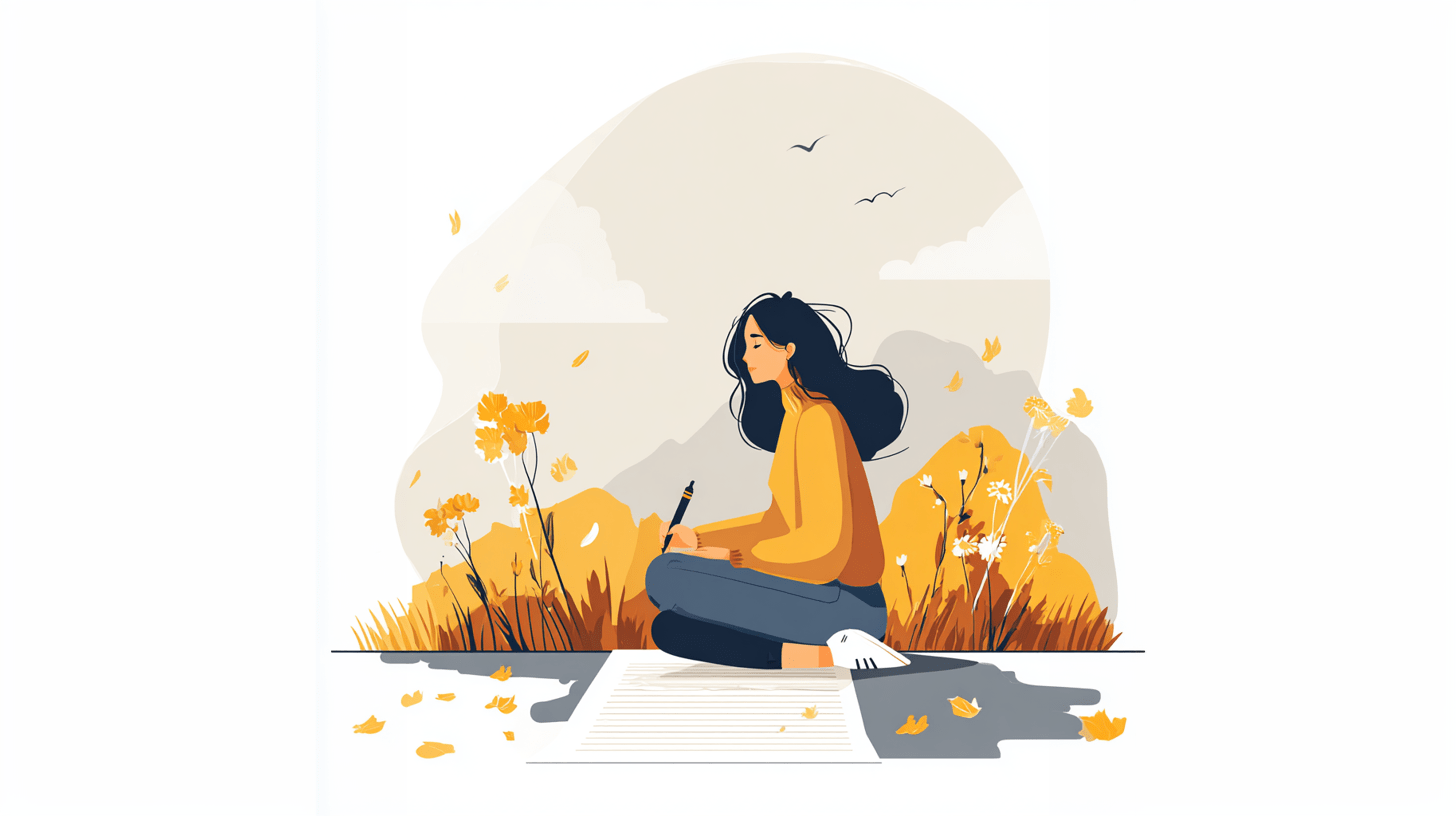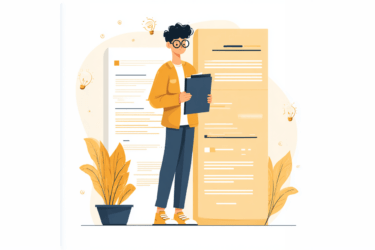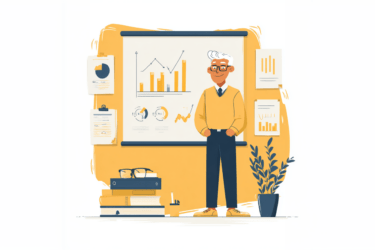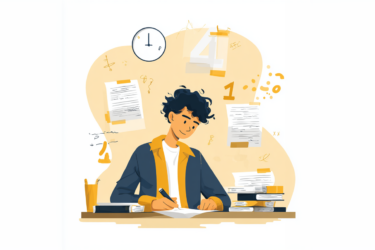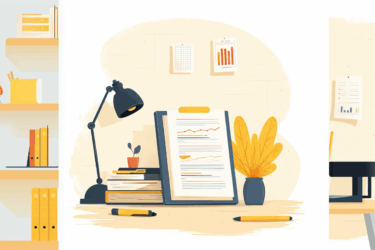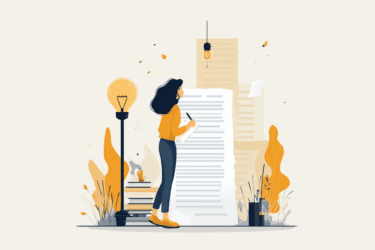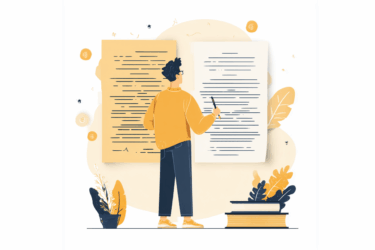Plagiarism is stealing another person’s work and representing it as your own. While not illegal itself (unless happening alongside copyright infringement), plagiarism can lead to excessive penalties as most professions consider it unethical and a serious breach of trust.
So, avoiding plagiarism should be an easy task? Not quite. Many factors can contribute a general misunderstanding of plagiarism: what it is, what the consequences are, and what alternatives are available. Add to that the pressure of a looming deadline, and it’s no wonder so many myths about plagiarism are still alive.
Let’s see if we can explain a few of them. Here are 8 common myths about plagiarism today.
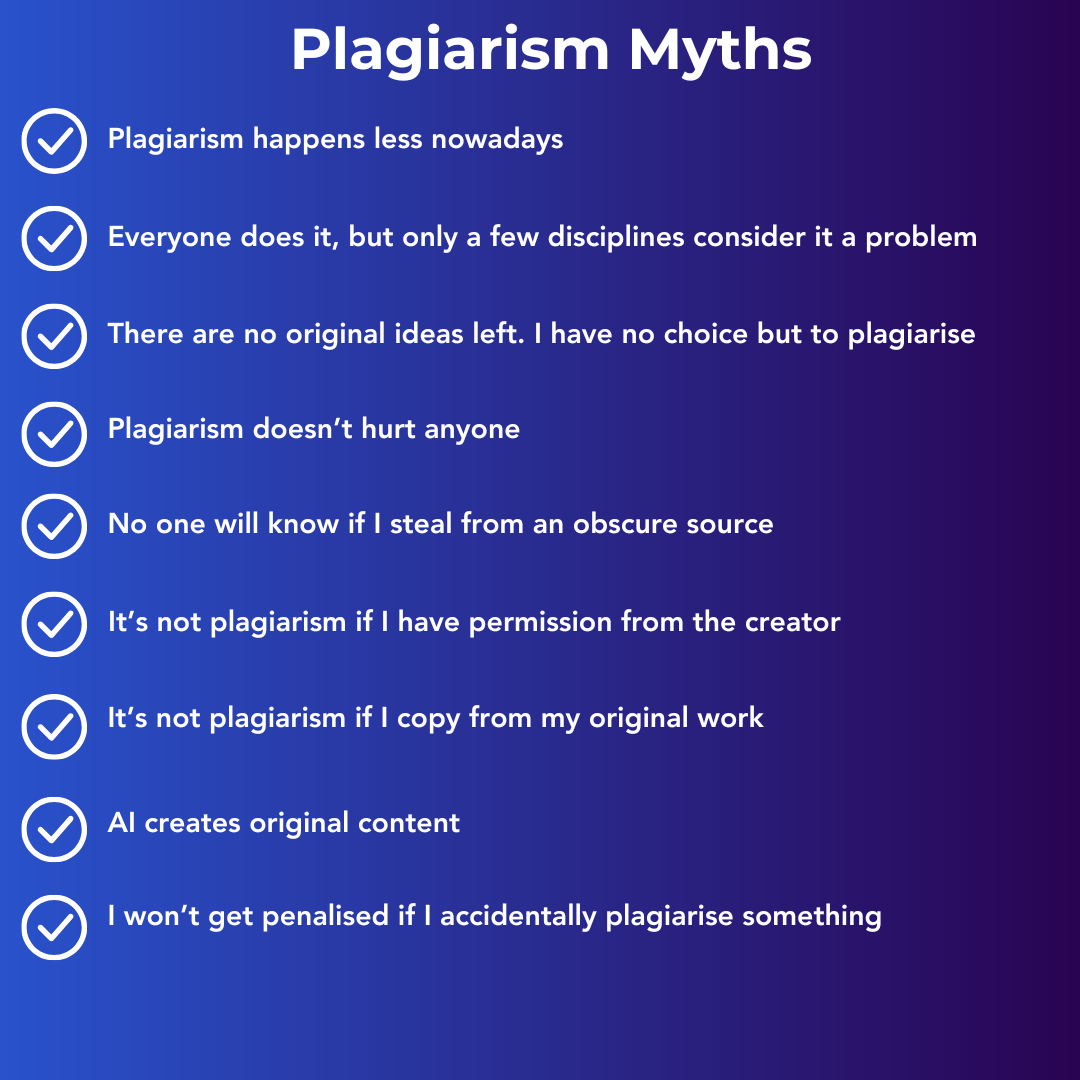
“Plagiarism happens less nowadays because of technology”
It’s true that computers have made it easier for academics and professionals to detect instances of plagiarism, but no technology is perfect. A plagiarism checker software can only do what it’s designed to do, while a world of exploits and human ingenuity still exists beyond the scope of its programming.
Technology has also made it easier to plagiarise. Not only is finding source material a simple matter of typing into a search field, but would-be plagiarists have an easier time of finding authors willing to create on their behalf or simly asking an AI chatbot to complete the task.
Additionally, the rise of technology has accelerated the pace at which the world moves. The bar is higher, competition is tougher, deadlines are tighter, and audiences demand content more voraciously than ever. “Publish or perish” pressure extends beyond the academic world, mounting the temptation (and, unfortunately, the need) to find quicker workarounds and snappier shortcuts.
Finally, sometimes plagiarism still happens because people just don’t realise they’re doing it.
“Everyone does it, but only a few disciplines consider it a problem”
We mostly hear about plagiarism when it happens in academia, journalism and medicine. Yes, it’s true that some disciplines are more attuned than others to instances of plagiarism, but no one likes having their words or ideas stolen, no matter where they work. ‘Idea theft’ in the workplace — any workplace — creates fertile ground for office politics. It can sow mistrust among coworkers and teams, and even lead to negative consequences on the organisation and brand as a whole.
Even if a plagiarist in this environment doesn’t get caught by an industry governing body, the colleagues who discover them (or the colleagues they steal from!) may warn others against future interactions with them. It may be a slower boil outside of academia, but deliberate and repeated acts of plagiarism can destroy careers and reputations in any field.
“There are no original ideas left. I have no choice but to plagiarise”
We believe this myth is based on a misunderstanding of originality: that to produce something original, you can’t even consider someone else’s work. In reality, we are where we are today because of those who came before us. Every professional is expected to borrow work from others, and expand upon it to help progress their discipline. While your view may resemble someone else’s, originality will come from your unique combination of research, perspective and individual experience.
This myth may also come from misunderstandings about how to properly paraphrase. Yes, it’s fine to paraphrase an author as long as you’ve sufficiently rewritten the material in your own words, and credited them appropriately.
In fact, just about every piece of work you submit should include adequate attribution to acknowledge the ideas you’ve borrowed.
“Plagiarism doesn’t hurt anyone”
While we don’t want to give the impression that it’s ever OK to steal someone else’s work, we have to be realistic about it too. Say you write cake recipes for a tiny community newsletter. Poaching a recipe from a blogger may be disrespectful, but it probably won’t deprive that blogger of any income or credibility, and won’t hinder your own learning or personal development. Of course, it’s better if you give credit where credit is due, as the blogger was the one who put effort into creating the recipe. But plagiarism under these circumstances is unlikely to have far-reaching consequences.
However, academic and professional plagiarism is different beast altogether. In the first place, the original authors have most probably invested significant amounts of time and money in producing their work. Stealing their words and ideas is no different to stealing from their home or office.
Then, there’s the question of whether their original work was reliable to begin with. By plagiarising, without running your own verifications, you may end up contributing to the spread of misinformation online and throughout your professional community.
And that’s if you don’t get caught. The consequences for you personally can be harsher and more career-destroying if your breach of ethics gets found out.
“No one will know if I steal from an obscure source”
You’d be surprised how easy it is to fall into this trap when you’re in the heat of the moment. The stress of a looming deadline can bring on the kind of desperation that makes it look like you’ll get away with it — especially if you’ve found a source that perfectly expresses what you’re already thinking.
While you might not be discovered right away, the anxiety over one day getting caught will follow you throughout the rest of your professional career. No matter how bad it gets, no matter how soon the deadline, take the time to write your own material, paraphrase properly and attribute appropriately.
And when in doubt, speak to someone in charge.
“It’s not plagiarism if I have permission from the creator”
With permission from the creator of an original piece of work, you’re mostly safe from accusations of intellectual property theft and copyright infringement. (That is, unless the creator and copyright holder happen to be different people.) This is what makes it legal to claim someone’s work as your own if you’ve paid for it, or to use someone else’s work under a paid, creative commons or public domain license.
However, plagiarism isn’t about permission. It’s not a legal issue, nor is it swayed by licensing agreements. Every professional field sets out standards governing the originality of work. While the standards may differ between fields — for example, a CEO may publish a whitepaper written by a ghostwriter, but a medical journalist may not submit a paper under similar circumstances — they define the criteria for whether your work is truly considered your own.
Plagiarism is essentially a violation of your field’s standards, regardless of whether the creator of the source material gave you permission or not.
“It’s not plagiarism if I copy my own original work”
Strictly speaking, you can’t plagiarise from yourself, as plagiarism is, by definition, stealing another author’s work. However, self-plagiarism is widely recognised and mostly frowned upon in the academic and professional world due to the potential for fraud, the possibility for copyright infringement, and the risk of perpetuating misinformation.
For example, selling the same article to two publications may be considered fraudulent if you let both publications believe they are paying for original work not published elsewhere. For students, submitting the same assignment for credit in two courses is considered self-plagiarism, subject to disciplinary action or even expulsion.
What constitutes self-plagiarism may vary between organisations, universities and academic journals. When in doubt, ask for more information on codes of ethics, disclose all your sources, and include attribution.
“I won’t get penalised if I accidentally plagiarise something”
Unintentional plagiarism may be difficult to prove over intentional plagiarism, and it’s no less harmful than other forms of theft. Whether or not you meant it, plagiarism is still plagiarism, though the penalties might not be quite so harsh if it happened by accident. Universities and professional governing bodies do recognise unintentional plagiarism. You’re human, after all. You will make mistakes. But it’s no excuse to get lazy.
As a professional — or (if you’re a student) a professional in training — you accept the responsibilities that come with working in your field. Thus, the onus is on you to prevent or reduce the likelihood of unintentional plagiarism.
AI-giarism is another risk of violating academic integrity policies without realizing it. While AI tools can be helpful for brainstorming, it is crucial to undertsand that no AI model creates original content. Hence, asking a chatbot to generate an essay is not only AI misuse but can also be a reason for plagiarism accusations. If you involve AI in crafting an assignment, check it for AI traces with an AI detector and ensure you do not abuse the technology.
Our advice?
Get familiar with the referencing guidelines in your discipline, school or organisation. Take a thorough approach to your research and literature review, making plenty of citation notes along the way. Before submitting your work, consider running it through a plagiarism checker yourself to ensure you’re clear of possible accusations in future.
